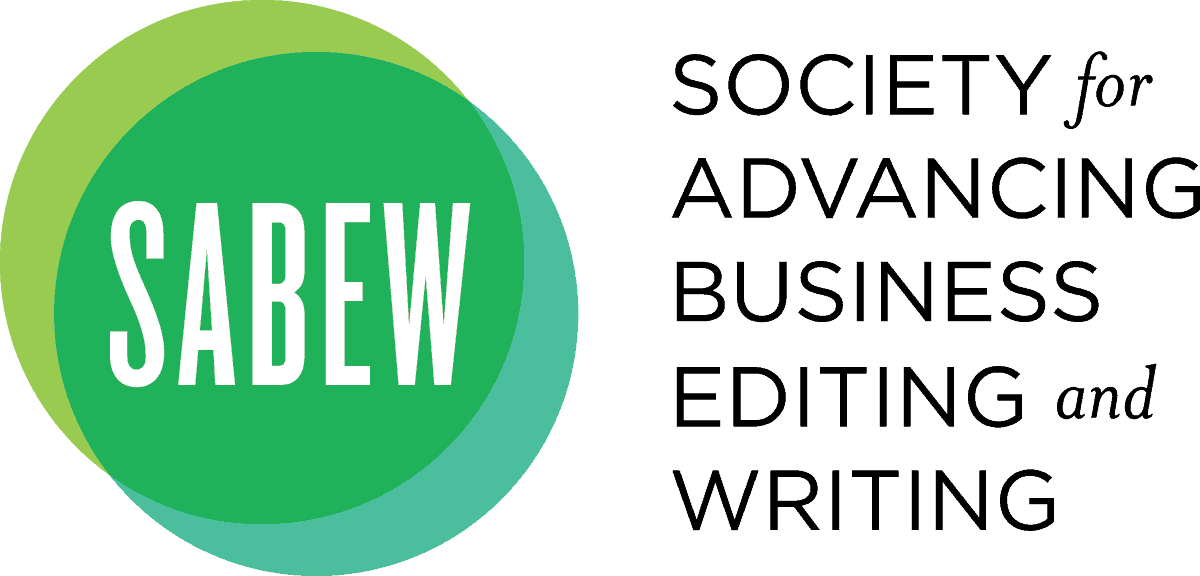
By Hailey Mensik
The Cronkite School
Both student journalists and veteran reporters spoke about the projects that caught the attention of SABEW judges and earned them recognition at this year’s Best in Business Awards.
Andres Guerra Luz from the Cronkite School won a best in business award as a student journalist for his story on the aftermath of Hurricane Maria and Puerto Rico’s efforts to rebuild through its tourism industry.
He said that after a semester of pre-reporting from Arizona, being able to actually visit the island and talk with residents gave the story the color and direction it needed to stand out from other coverage.
“What I was trying to do was capture the whole picture, not just San Juan or some of the bigger areas, but see what’s going on in mountains rural areas people didn’t know about,” Guerra Luz said.
Another student winner, Hannah Denham from Washington and Lee University, produced an award-winning story out of what moderator Jim Nelson from the Milwaukee Journal Sentinel called an “intern’s dream.”
She received a tip about unfair charges from freeway toll roads and reached out to sources to turn a quick daily. After receiving a scoop several days later, she ran with the story and ended up producing a 15-part investigative series for the Tampa Bay Times on the company contracted to handle toll lanes on Florida freeways.
Professional journalists too spoke about their award winning business stories, and lauded their publications for supporting their projects and providing the resources needed to tell them.
Margaret McGill, a technology reporter with Politico, was covering the digital divide affecting rural areas in the country with limited internet access when she found her award-winning story.
“If we’re going to do something on the digital divide, we have to go to the place, and write about the people who are literally the least connected, the farthest away and have the most problems,” McGill said.
She used data from the Federal Communications Commission to find that tribals lands in Idaho had some of the lowest broadband connectivity in the nation. She asked her editor to travel there for just a day and speak with those affected.
Despite covering a niche community, she made the story relatable through vignettes of residents who drive miles just to send an email.
One of the largest projects to receive an award was from the International Consortium of Investigative Journalists. It involved over 250 reporters in 30 different countries.
The group covered faulty medical implant testing and procedures, which led countries such as Canada and the United Kingdom to look into their practices,
The news organization is unique in its collaborative efforts and global reach, said Will Fitzgibbon, senior reporter with the ICIJ.
“We do not spend 12 months, which is the average length of our project, doing investigations unless there is a certain quantum of journalists and countries involved,” he said.
Stories produced by the ICIJ have appeared in international papers such as La Monde, The Indian Express and Times of Zambia, among others.
You can find a list of winners and other highlights from the awards here.






